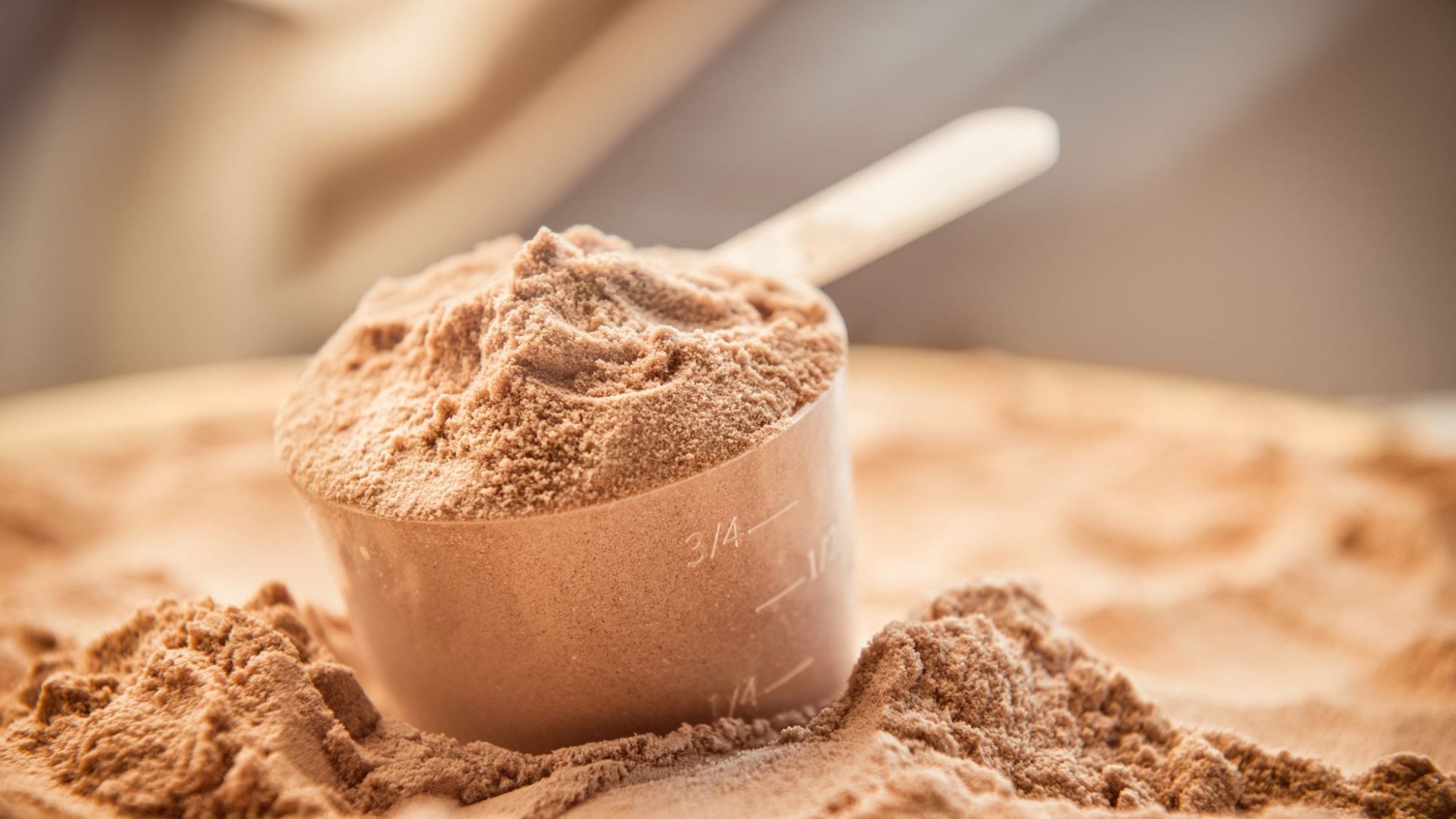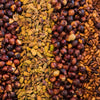Low-Calorie Shakes Packed With Fats To Satisfy Keto Needs

Enter, the “healthy shake.”
Whether it comes in a carton, a can, or as a powder that you blend into liquid, meal replacement drinks (MRP) have evolved as a staple in the health and wellness sphere. Not only are these shakes a market success, but they also appear to be pretty effective aids to certain health goals. A meta-analysis of six different studies found that individuals swapping out one meal a day with a liquid MRP achieved and maintained health improvements better than those following a calorically-equivalent regular-food diet.2 Simply put, MRPs help us stick to our nutrition goals by offering a ready-to-consume food when we may otherwise grab a bag of chips, candy bar, or skip eating altogether. However, a glaring caveat exists when considering the contents and quality of various shakes – not all MRPs are created equal.
Problems arise when simply comparing a product’s calorie count, or falling victim to common macronutrient myths (i.e. the fat-free craze of the '80s). What’s actually in that MRP shake makes a huge difference. The energy you’re getting, or not getting, from a bar or a shake ultimately boils down to the amount of carbs, protein, and fat contained inside. We can turn any of those three macronutrients into usable biochemical fuel, known as ATP. However, the body’s physiological response to each macronutrient is very different, and this has important implications for how satiated, energized and focused we feel after consuming a meal or a snack.3
Sure, the quality of ingredients definitely matters as well, which is why KetoLogic® KetoMeal® contains well-sourced MCT oils, whey protein, and no artificial sweeteners or flavors. But even when simply looking through a metabolic lens, one can see how the macro profile of KetoLogic® KetoMeal® stacks up against competitors to help you fuel your best.
The conventional “low-cal” shake
The typical American approach to health and wellness has long looked to calories as the sole driver of weight change. As a result, many companies push meal replacements with low-calorie claims, but little regard for the nutritional quality of the calories they provide. A majority of these MRPs are packed with refined carbohydrates, thickeners, and artificial sweeteners, but barely any fat or protein to satisfy hunger and provide a balanced meal. Think about how many times you’ve chugged that “healthy shake” just to end up starving an hour later. It was most likely high in carbs and nothing else. Beyond anecdotal evidence, scientific research indicates that fat and protein tend to have a more satiating effect than carbohydrates.4Furthermore, a more satisfying shake can help you actually stick to your health and wellness goals in the long term. Researchers have also observed higher drop-out rates in study groups forced to restrict fat intake compared to those on a prescribed low-carb, ketogenic diet.5
At a satiating 250 calories, KetoLogic® KetoMeal® falls right in step with a lot of the products you’d find on supermarket shelves or in nutritional supplement stores. But unlike others, KetoLogic® KetoMeal® is meticulously formulated with 19 grams of fat, 10 grams of protein, and 3.5 grams of net carbs to keep you feeling energized and to stave off hunger until your next meal. No empty calories here.
KetoLogic® KetoMeal® vs. other low-calorie shakes
| KetoLogic® KetoMeal® | Shakeology | SlimFast | Special K | Atkins Advantage | GNC Lean Shake | |
|---|---|---|---|---|---|---|
 |
 |
 |
 |
 |
 |
|
| Calories | 250 | 140 | 180 | 190 | 160 | 180 |
| Fat | 19 | 0.5 | 6 | 5 | 9 | 2 |
| Carbs | 11 | 19 | 24 | 24 | 2 | 30 |
| Fiber | 4 | 3 | 5 | 6 | 1 | 8 |
| Protein | 10 | 16 | 10 | 15 | 15 | 9 |
| No added sugar | X | X | X | |||
| <5 Net carbs | X | X | ||||
| No artificial flavors | X | |||||
| Natural sweeteners | X |
REFERENCES
| 1. | Okrent AM, Kumcu A. U.S. Households’ Demand for Convenience Foods. 2016. https://www.ers.usda.gov/webdocs/publications/80654/err-211.pdf?v=42668. Accessed July 20, 2017. |
| 2. | Heymsfield SB, van Mierlo CAJ, van der Knaap HCM, Heo M, Frier HI. Weight management using a meal replacement strategy: meta and pooling analysis from six studies. Int J Obes. 2003;27(5):537-549. doi:10.1038/sj.ijo.0802258. |
| 3. | Lloyd HM, Green MW, Rogers PJ. Mood and cognitive performance effects of isocaloric lunches differing in fat and carbohydrate content. Physiol Behav. 1994;56(1):51-57. http://www.ncbi.nlm.nih.gov/pubmed/8084907. Accessed July 23, 2017. |
| 4. | Melanson KJ, Westerterp-Plantenga MS, Saris WHM, Smith FJ, Campfield LA. Blood glucose patterns and appetite in time-blinded humans: carbohydrate versus fat. Am J Physiol - Regul Integr Comp Physiol. 1999;277(2). http://ajpregu.physiology.org/content/277/2/R337.full.pdf+html. Accessed July 23, 2017. |
| 5. | Yancy WS, Olsen MK, Guyton JR, Bakst RP, Westman EC. A low-carbohydrate, ketogenic diet versus a low-fat diet to treat obesity and hyperlipidemia: a randomized, controlled trial. Ann Intern Med. 2004;140(10):769-777. http://www.ncbi.nlm.nih.gov/pubmed/15148063. Accessed July 21, 2017. |
-
Posted in
Authority Article, Drinks, Keto Foods, Nutrition, Nutrition Article, Product Article, Starting Keto, Weight Loss




